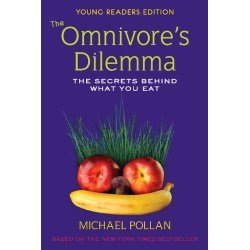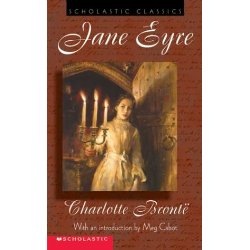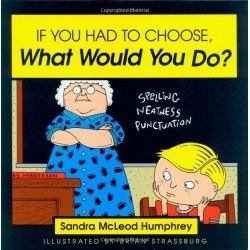The Omnivore's Dilemma for Kids: The Secrets Behind What You Eat
by Michael Pollan
Book Description
The New York Times bestseller that’s changing America’s diet is now perfect for younger readers
“What’s for dinner?” seemed like a simple question until journalist and supermarket detective Michael Pollan delved behind the scenes. From fast food and big organic to small farms and old-fashioned hunting and gathering, this young readers’ adaptation of Pollan’s famous food-chain exploration encourages kids to consider the personal and global health implications of their food choices. In a smart, compelling format with updated facts, plenty of photos, graphs, and visuals, as well as a new afterword and backmatter, The Omnivore’s Dilemma serves up a bold message to the generation that needs it most: It’s time to take charge of our national eating habits and it starts with you.
School Library Journal
Grade 7 Up—Based on Pollan's best-selling adult book of the same title, this (slightly) shortened version will appeal to thoughtful, socially responsible teens. The book is divided into four sections: "The Industrial Meal" (exemplified by the fact that only two companies, Cargill and ADM, buy nearly a third of all the corn grown in the U.S.); "The Industrial Organic Meal" (covering most of what's found in stores like Whole Foods); "Local Sustainable" (small farms typically based on grass, not corn); and what he calls the "Do-It-Yourself Meal" (where he hunts a wild pig and gathers wild mushrooms). Pollan has done an amazing amount of research, both of the typical kind (there are 16 pages of footnotes) and the more personal kind. His own research includes slaughtering a chicken himself and eating a fast-food meal in a moving car with his family. He explains complicated issues clearly, offers compelling evidence of the environmental damage done by what he calls the industrial meal, and urges readers not to look away from animal-welfare issues: "We can only decide if we know the truth." An afterword, "Vote with Your Fork," recommends simple actions that will improve the health of our bodies, our society, and our planet.


